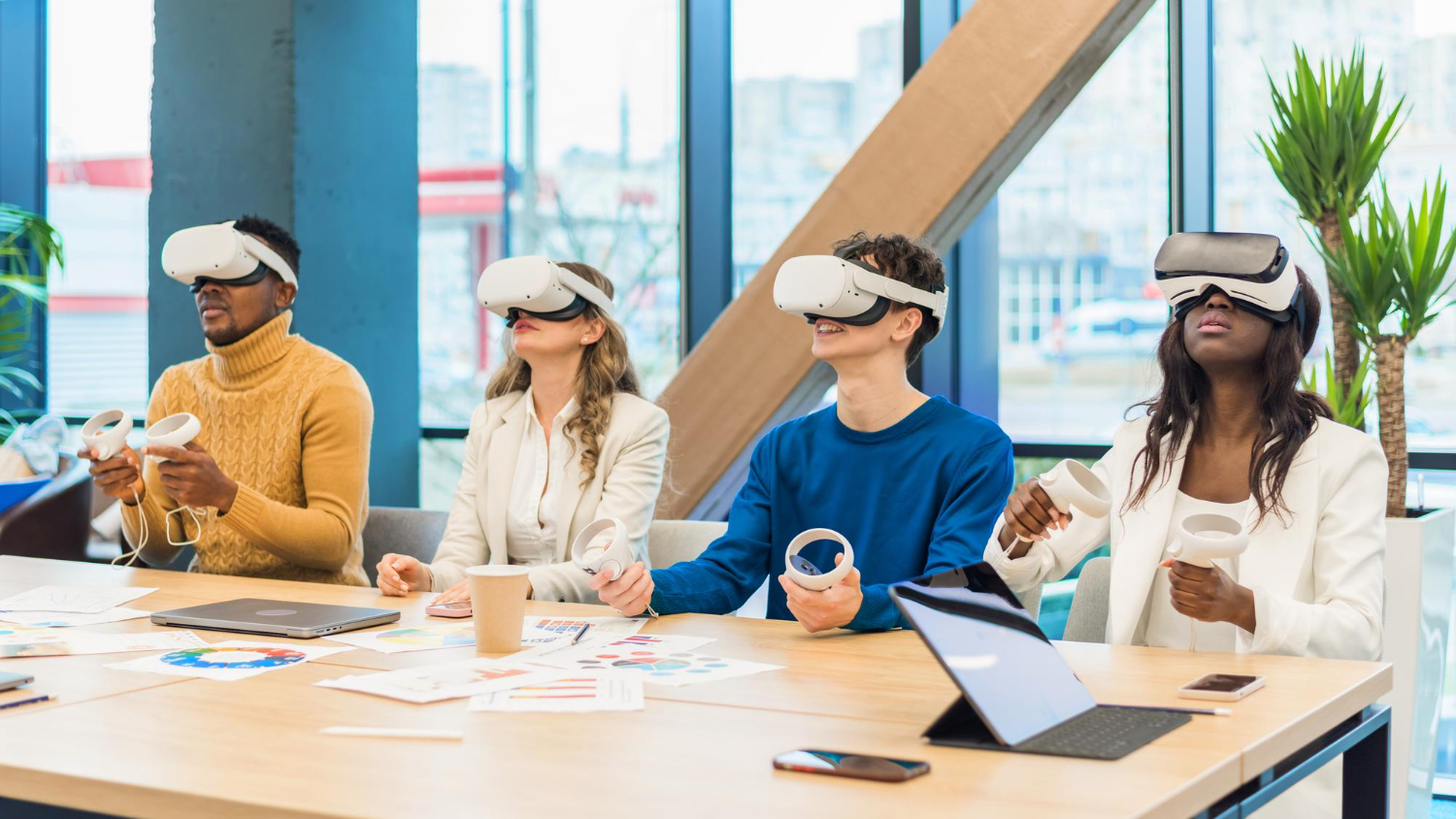In 2019, the US Supreme Court denied a petition from Domino’s Pizza that clarified an answer the disabled had yet to receive: Title III of the Americans with Disabilities Act, which prohibits discrimination based on disability in public places, still applies to the digital ether. The original case was brought on by Guillermo Robles, a blind man who could not order from their digital app as it was not accessible with his screen-reading software. The Supreme Court’s refusal should serve as a slight wake-up call to all businesses in the West that those with disabilities should go forgotten as the digital era progresses.
In truth, all businesses should welcome and embrace accessibility. Apart from the obvious legal issues, making your business as accessible as possible only means another happy customer. Given that one in five Canadians suffer from a disability, that’s a large potential customer base. Any barriers that prevent a customer from using your digital app should be removed, though it’s often less expensive to plan for them when you’re first building. In a physical space, those barriers are easier to understand; someone in a wheelchair would not be able to ascend a staircase easily. Online, those barriers may be harder to see. Here are some other reasons to plan for accessibility.
Reputation
The Robles case wasn’t the multi-million dollar lawsuit one might imagine. Due to a California Act, he was only entitled to $4,000. That’s not to say that lawsuits like Robles’ don’t reach into those figures, meaning a business is just putting itself in legal jeopardy by not being prepared. Domino’s got off financially easy, but they’re also forever stained as the company went all the way to the Supreme Court to deny a basic service to a blind man. One doesn’t need to look far to find a major company whose reputation is forever stained by a scandal or a disastrous campaign, and there’s even more reason to fear it in the days of cancel culture.
User Experience
When Tim Berners-Lee, the inventor of the World Wide Web, tweeted “This is for everyone” in 2012, the sentiment was understood. Contrary to some current beliefs and practices, the internet was intended for all humankind. The concept of Some User Experience (SUX) for the disabled was loudly shouted down for this reason. It’s critical that your UX designers plan for accessibility for all customers, as updating or fixing the app later will surely add to your expenses. Keep a copy of the WCAG checklist in the workplace to ensure you’re in compliance.
SEO
Search Engine Optimization was one a shady, cursed term for copy writers who were forced to jam in nonsensical keywords awkwardly into their text. Algorithms and AI have taken a lot of the drudgery out of it, and Google only showcases first the companies that serve their customers best. Pay attention to the finer details of your SEO like font and text size, make sure there are audio tools available for the hard of hearing.
It’s not only the correct and moral thing to do, but it can also improve your sales.
Kenny Hedges | Contributing Writer



















